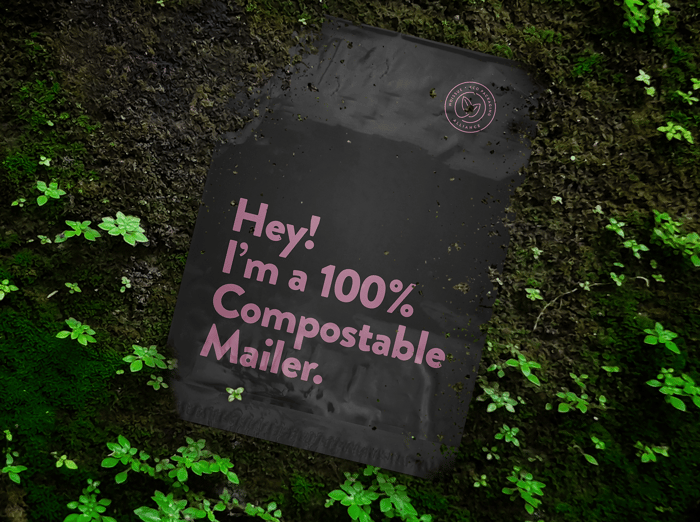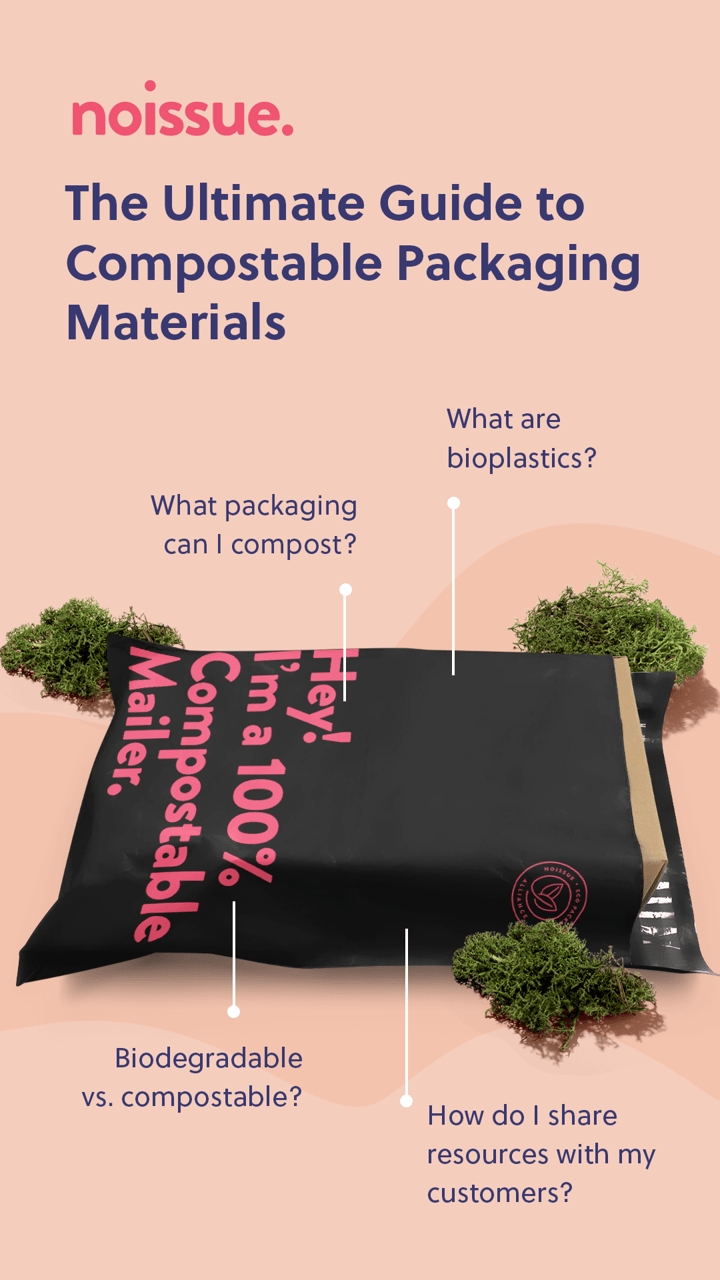
What You Need to Know About Using Compost Facilities
Composting is an important circular process for the environment. Here's what you need to know about commercial composting and using compost facilities.
By noissue — 21 July, 2022
What is Composting?
Composting is a very important process during which organic materials are turned into usable fertilizer for farming or landscaping purposes. This material can be made from food scraps, yard trimmings, manure, or any other organic matter that would otherwise be sent to a landfill.

Composting has been practiced for thousands of years as a way to avoid waste buildup and recycle valuable resources into something useful. It’s also considered one of the best ways to produce renewable energy through biogas production.
What Are Composting Facilities?
These facilities offer residential, commercial, and industrial customers the ability to dispose of yard waste, food scraps, wood by-products, and other organic materials in an environmentally friendly manner.
They’re typically located at landfills or transfer stations, but some municipalities may offer curbside pickup services for compostable material.
A Look at The Composting Facilities Available In the United States
The US has many various kinds of facilities that offer composting services. Some are located on-site at residential properties, while others are located off-site and provide pick-up service for residents. Here are some of them:
- Organic Waste Management Services (OWMS)
- Nylex Composting Services
- Waste Management Inc. (WM)
How to Use Composting Facilities

Many people understand the benefits of composting, but when it comes down to actually doing it, they struggle with the process. Composting is a great way to get rid of food scraps, yard waste, and other organic matter that would otherwise be thrown away or buried in the ground. Or worse, burned in the yard.
As a Consumer
Composting is easy to do at home, especially if you have enough space for a bin or tumbler. But for those who don’t have room or don’t want to deal with the mess, there are plenty of commercial composting facilities available.
A composting facility will take all types of organic material and turn them into high-quality compost that can be used in gardens and landscaping projects. The best ones offer a variety of services that make it easy for homeowners to dispose of their scraps while also providing an environmentally friendly alternative to traditional landfills.
How do they work?
Commercial composting facilities typically have several different bins located throughout their facility where customers can dump their food scraps, yard waste, and other materials for processing. After being collected from customers’ homes (or businesses), these items are combined together and placed through various processes over several weeks until they become usable compost material.
As a Business
Compost facilities are a great way for large companies to dispose of their waste. By composting, businesses can cut down on their waste management costs and reduce their impact on the environment.
When businesses use compost facilities, they produce less greenhouse gas emissions from hauling away trash, which helps reduce their carbon footprint. Additionally, because composting requires less energy than incineration or landfilling, it helps reduce greenhouse gas emissions as well as other harmful pollutants such as sulfur dioxide (SO2) and nitrogen oxides (NOx).
On a larger scale, composting for businesses is done in an open space where wind speeds can increase the rate of decomposition by drying out the material and exposing it to oxygen. The rest of the process is more or less the same.
Industrial vs. Home Composting: What's the Difference?

Home composting is done in your backyard or garden. The idea behind home composting is that you can reduce your household's contribution to landfills by recycling organic waste that would normally go into the trash instead. Composting provides an organic alternative to fertilizer, which means you can use it on your plants and vegetables or even sell it if you choose to do so!
Industrial composting is done at a large scale by companies that specialize in processing organic waste. These companies are usually contracted by municipalities or other businesses to handle their food waste and other materials that can be recycled into compost.
The industrial process is typically more efficient than the home process because it involves using machinery and equipment to turn large amounts of organic material into compost fast.
The Hotter and More Concentrated Environment Helps Items Break Down Faster
The heat and concentration of a compost pile accelerate the decomposition process.
The temperature of a compost pile will generally increase as the materials in it decompose. As materials break down, they release more moisture and carbon dioxide, which increases the temperature of the pile. The temperature can also be increased by adding hot water or steam.
The level of heat generated in a compost pile depends on how much material is present, how much air is available and how much moisture is in the material. The more material you have in your compost bin, the more heat it will generate from microbial activity and chemical reactions taking place.
If there is not enough air to allow for good drainage, water will accumulate instead of evaporating through evaporation, which can make your piles smelly and anaerobic (without oxygen).
Do Composting Facilities Accept Compostable Packaging?
Composting facilities are designed to accept compostable packaging and food waste. However, it's important to check with your local facility first to make sure they can handle the material you want to use. Some facilities may only accept certain types of compostable packaging, such as PLA plastic or bags made from corn or sugar cane plastic.
The Types of Packaging That Can Be Composted
The most common form of compostable packaging is PLA plastic, which stands for polylactic acid. This type of plastic is made from plants and is 100 percent recyclable and biodegradable (this means the material will break down into water, carbon dioxide, and soil nutrients). Composting facilities often accept PLA plastics because they can be recycled into other types of plastic.

Another common form of compostable packaging is corn-based plastic, which is also 100 percent recyclable and biodegradable. This type of plastic breaks down more quickly than other types of bioplastic — within 12 weeks instead of six months — but it can't be recycled back into other products. Still, some composting facilities accept this kind of material as long as it doesn't contain any other types of plastics or materials that won't break down into its components.
How To Be A Responsible Composter – Our Top 3 Tips
Composting is easy, but there are some things you need to know to do it properly. Here are our top three tips for being a responsible composter:
1. Use compostable bags or bins
2. Keep food out of the compost bin (if possible)
3. Don’t put plastic in your compost bin
Wrapping It Up
Composting is a great way to be responsible for the environment we live in – all it takes is a little bit of understanding and some research! Want to find out more about noissue’s compostable mailers and packaging materials? Find out more here!
